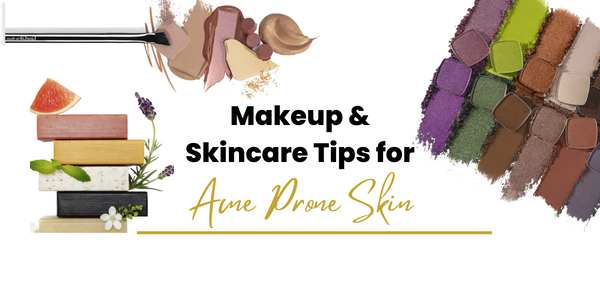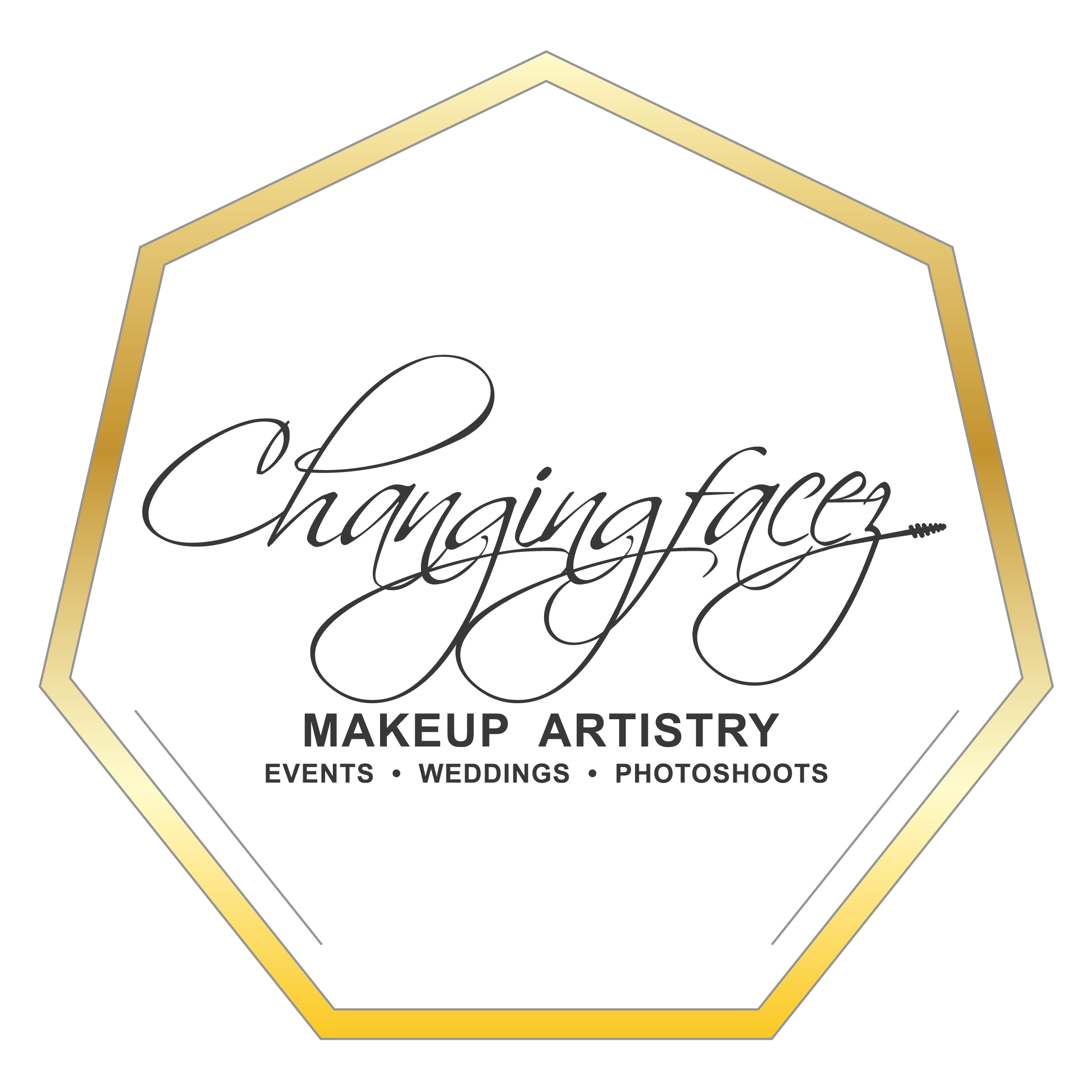
Acne can be a challenging skin condition to manage, especially when it comes to choosing the right makeup and skincare products. However, with the right approach and a few helpful tips, you can effectively manage acne-prone skin while still enjoying the benefits of makeup. In this blog post, we’ll explore essential makeup and skincare tips specifically tailored for acne-prone skin to help you achieve a flawless complexion.
- Cleanse Gently: Start your skincare routine with a gentle cleanser specifically formulated for acne-prone skin. Avoid harsh cleansers that can strip the skin of its natural oils, as this can lead to the overproduction of sebum and clogged pores. Look for cleansers containing salicylic acid or benzoyl peroxide, which can help unclog pores and control acne breakouts.
- Moisturize Appropriately: Even if you have acne-prone skin, it’s essential to moisturize. Opt for oil-free or non-comedogenic moisturizers that won’t clog your pores. Look for ingredients like hyaluronic acid or glycerin, which provide hydration without adding excess oil. Proper moisturization helps maintain the skin’s barrier function and can prevent dryness and irritation.
- Choose Non-Comedogenic Makeup Products: When selecting makeup products, choose non-comedogenic formulas that won’t clog pores. Look for labels that explicitly state “non-comedogenic” or “oil-free.” These products are less likely to contribute to breakouts. Avoid heavy, greasy foundations or concealers, as they can exacerbate acne.
- Use a Primer: Applying a primer specifically designed for acne-prone skin can create a smooth canvas for your makeup and help it last longer. Look for primers that contain ingredients like silica or dimethicone, which can help minimize the appearance of pores and control excess oil.
- Be Mindful of Foundation Choices: When it comes to foundation, choose lightweight formulas that provide coverage without suffocating the skin. Look for foundations labeled as “non-comedogenic” or “oil-free.” Mineral-based foundations are also a good option, as they are less likely to clog pores. Apply foundation sparingly and blend it well to achieve a natural finish.
- Conceal with Care: When concealing blemishes, use a concealer that matches your skin tone and has a creamy texture. Avoid heavy concealers that can draw attention to the affected areas. Apply concealer with a small brush or your fingertips, gently tapping it onto the blemish. Set the concealer with a light dusting of translucent powder to help it stay in place.
- Practice Safe Makeup Removal: Proper makeup removal is crucial for acne-prone skin. Use gentle makeup removers or micellar water to dissolve makeup without harsh scrubbing. Avoid using oil-based makeup removers, as they can leave residue and contribute to clogged pores. Follow up with your regular cleansing routine to ensure all makeup and impurities are removed.
- Clean Makeup Brushes Regularly: Dirty makeup brushes can harbor bacteria that can aggravate acne-prone skin. Clean your brushes regularly with a gentle brush cleanser or mild shampoo to remove product buildup and bacteria. Aim to clean them at least once a week to maintain their hygiene.
- Avoid Touching Your Face: Keep your hands away from your face as much as possible to minimize the transfer of bacteria and dirt. Touching or picking at your acne can worsen inflammation and increase the risk of scarring.
- Seek Professional Advice: If you’re struggling with persistent acne, it’s essential to consult with a dermatologist. They can provide personalized advice, recommend suitable skincare products, and suggest treatments to manage.





